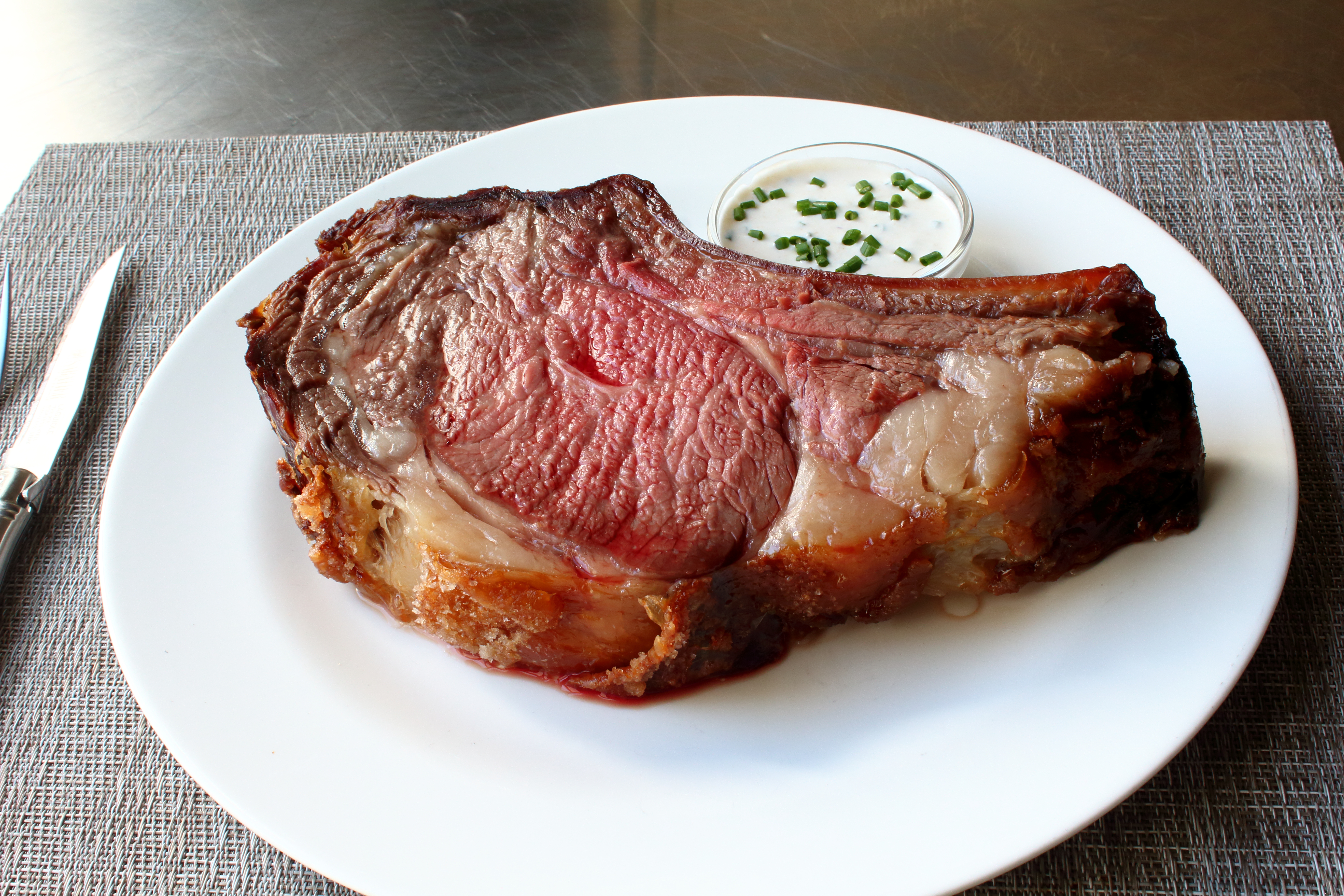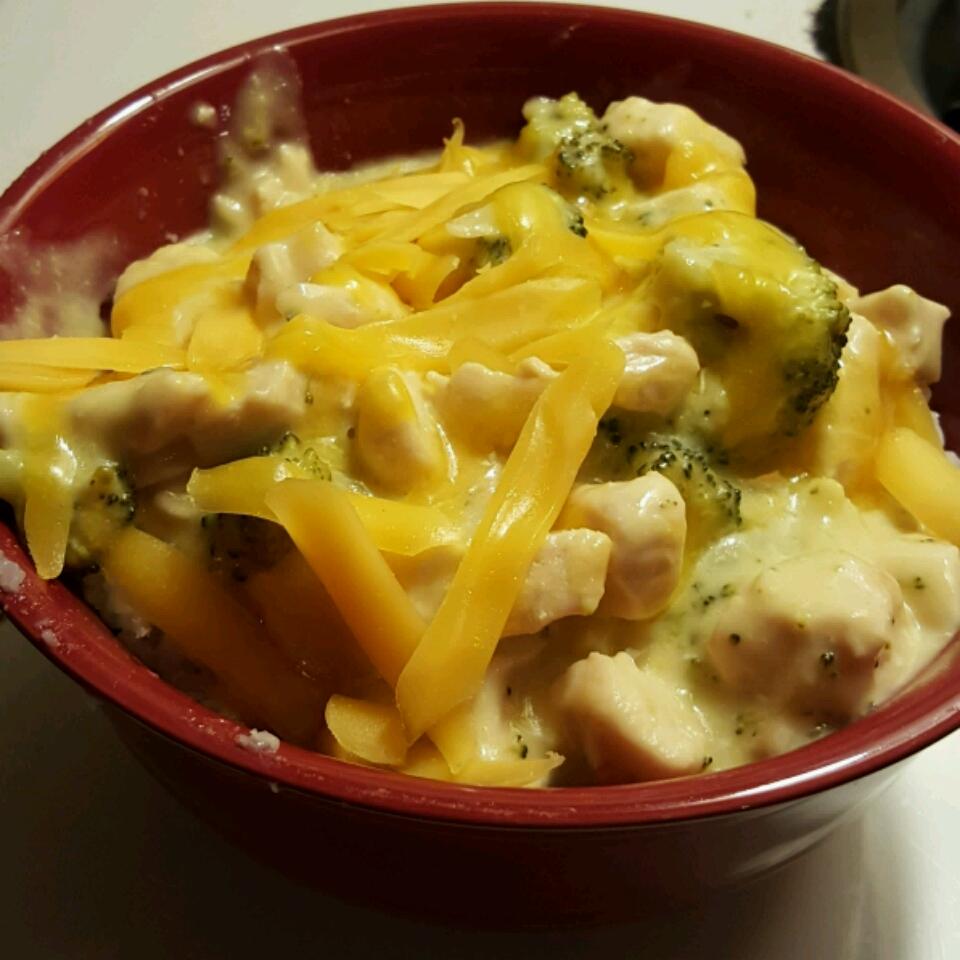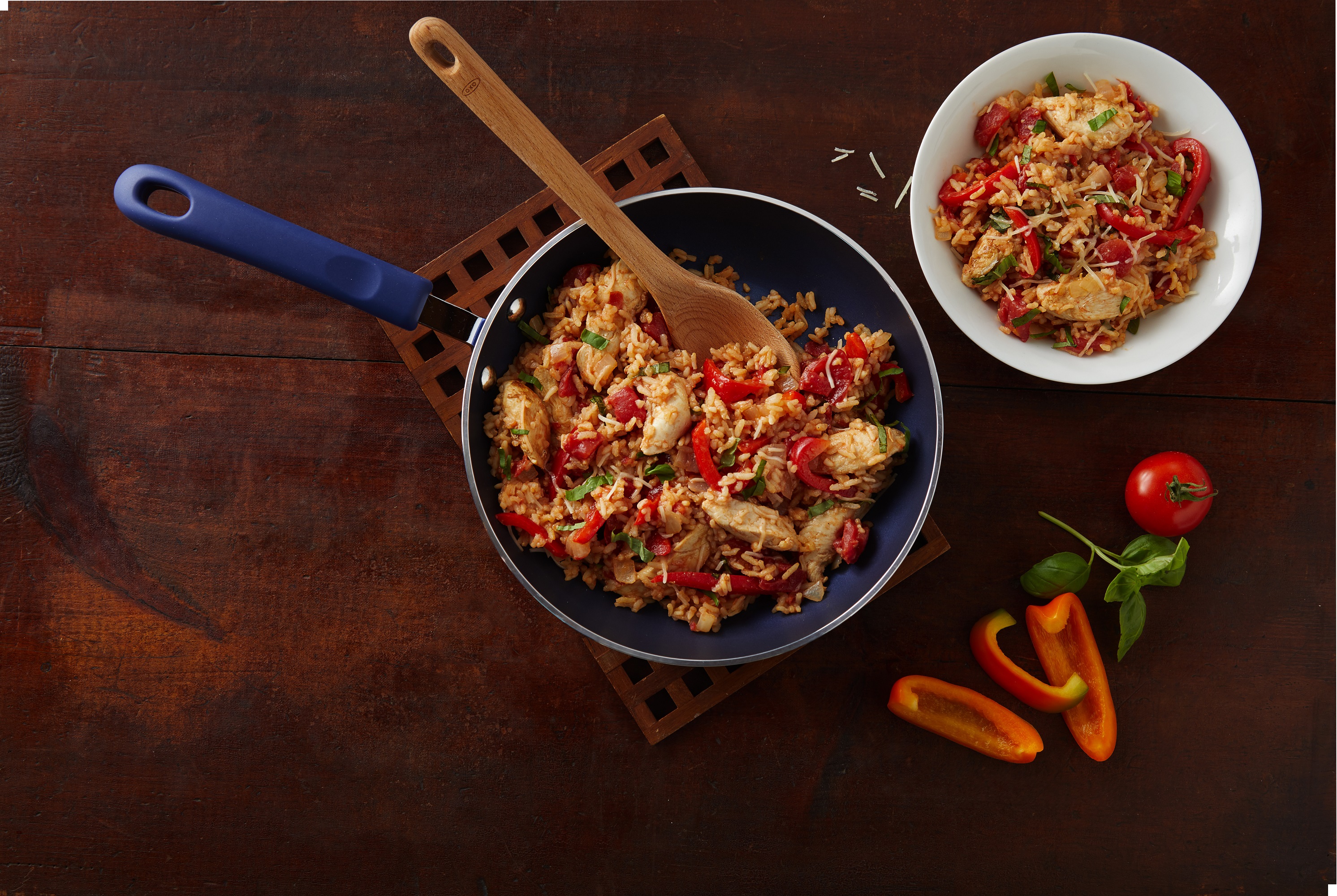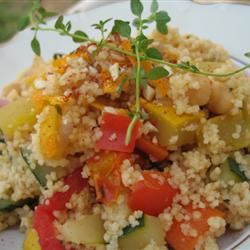Dry-Aged Prime Rib

If you’re thinking about dry-aging your own prime rib of beef for the holidays, start here. After lots of research, I decided I’d have to age the beef at least 30 days for any noticeable change in flavor; it ended up going for 42 days before baking. The meat came out extremely juicy and tender but somehow never developed that funky fermented flavor I wanted. It might’ve tasted a bit more concentrated, though, after having lost 2 pounds of water weight.
INGRIDIENT
DIRECTION
Step: 1
Dissolve kosher salt in water and use it to wipe down the prime rib. Pour enough sea salt over a rimmed sheet pan to cover it completely; sprinkle pink salt on top. Place a roasting rack over the salt. Place prime rib on the rack and refrigerate at 34 to 38 degrees F (1 to 3 degrees C), uncovered, 30 to 40 days.
Step: 2
Remove prime rib from the fridge. Trim off fat as needed. Transfer the rack into a roasting pan and place prime rib on top. Spray the surface with water and season generously with kosher salt. Refrigerate 24 to 48 hours to let meat absorb salt.
Step: 3
Remove prime rib from fridge and cover loosely with aluminum foil. Let warm up slightly, 1 1/2 to 2 hours.
Step: 4
Preheat oven to 500 degrees F (260 degrees C). Insert a probe thermometer into the prime rib.
Step: 5
Roast in the preheated oven for 20 minutes. Reduce temperature to 300° F (150° C). Bake for about 90 minutes, or until desired doneness is reached, 125° F (52° C) for rare, 130° F (54° C) for medium-rare, or 135° F (57° C) for medium. Let rest for 30 minutes before slicing.
NUTRITION FACT
Per Serving: 422 calories; protein 21.4g; fat 36.6g; cholesterol 85.3mg; sodium 11190.9mg.
To much possesion yourself can lead to overeating , 2.00 AM snacking, and mindless eating and it’s for this reason that Riner encourages people to indulge in “fun” foods every once in a while.
Avoidance on 2.00 AM snacking and got eat , it is much important to include some easy foods (or what one may perceive as unnecessary ). Meaning , if we can be order the healthiest thing on the menu but come home and graze on chips, perhaps we really will the junk food and should have just enjoyed it in the first place."
When it comes to dinner , overeating or eating too much of the wrong kinds of food can lead to trouble on sleeping. On the flip side, a daylight food that is less than satiating can leave you want more and resulting in reaching for an unhealthy late-night side dish even closer to sleep .





